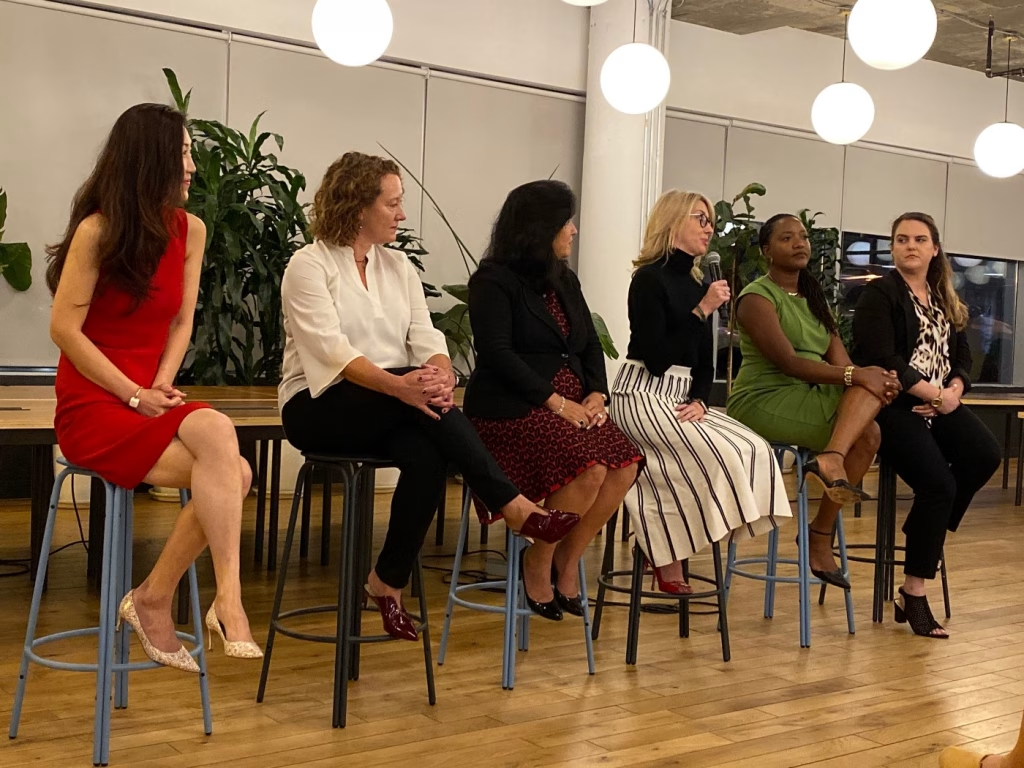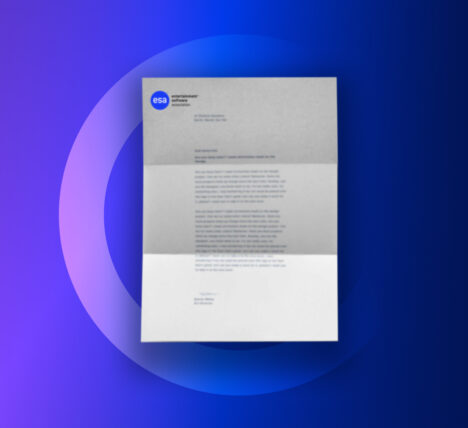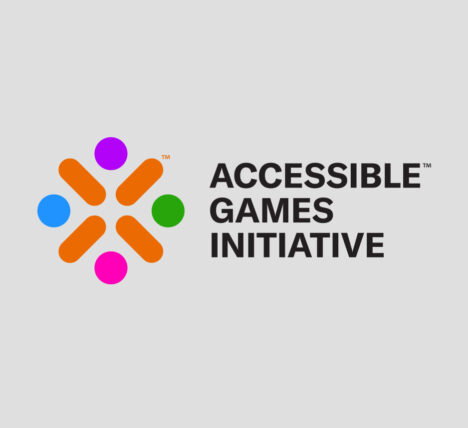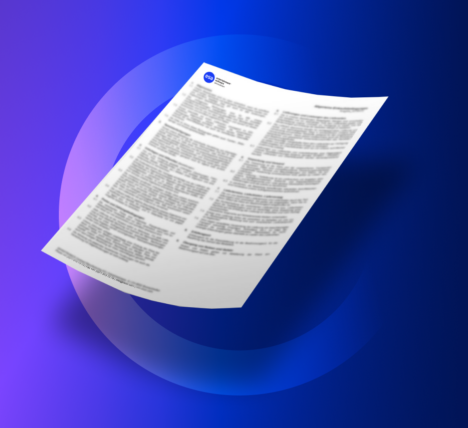We can all use mentors, no matter who or what age we are. But on this, International Day of the Girl, it’s especially important to recognize the invaluable role mentors can play in young lives.
By Anastasia Staten
October 11, 2019

Early in my career, I wanted to be perfect — to dress just right, excel at every task and climb the ladder steadily — and I thought that hard work alone was the way to achieve it. But I found out quickly that being perfect is impossible, and that diligence itself is not a recipe for growing personally and professionally. You need the invaluable asset of a good mentor as well.
Today is International Day of the Girl, established by the UN in 2011 to recognize girls, their inalienable rights and the innumerable challenges they face around the globe. As executive director of the Entertainment Software Association (ESA) Foundation, I hope to play a part in empowering young women to realize their potential. While there is a concerted effort, work still needs to be done to ensure that those making video games reflect the millions playing. Almost 50% of video game players are female, yet just 22% of the video game industry’s workforce is comprised of women.
The ESA Foundation is working to change this, in part by providing female and minority students aspiring to enter the industry with scholarships. With those scholarships come opportunities to find mentors in the industry that can teach critical skills not learned in classrooms or textbooks.
A mentor in anyone’s life, but especially a young woman’s, can be crucial to navigating challenges and opportunities. Because I strongly believe in the importance of mentorship, I was honored to participate, along with six amazing women, in the inaugural MentorHER panel hosted by our partners at 1,000 Dreams Fund in Washington, D.C.
Christie Garton, 1000’s founder, kicked off the event by telling the crowd of high school and college students gathered, “These women are here tonight to share their experiences with mentors and to hopefully serve as mentors for you.” And, indeed, the panel — consisting of corporate and nonprofit leaders — had lots of valuable information and inspiring words to impart, for women of any age. Here are just a few instructive highlights from others that I took away.
“A good mentor provides a lens on both sides of an issue.”
There’s no one kind of mentor, Andrea Short, VP and Deputy General Counsel at Verizon Public Sector, told the audience. “I’ve stumbled into mentors,” she joked, then explained how one boss, early in her career, did nothing to help her advance. But a male colleague, who could see Andrea was frustrated, stepped in with suggestions while providing perspective on the boss-employee dynamic. “A good mentor provides a lens on both sides of an issue,” Andrea said.
When she was in college, Maria Emanuel Ryan, VP and Chief Dental Officer at Colgate-Palmolive, was engaged to be married — twice! One mentor, a college professor, asked her, “What are you doing?” When Maria explained she was trying to fulfill her parents’ wishes, the mentor simply asked, “But what do you want to do?” The answer: become a dentist. So the mentor suggested ways she could set out on that path.
It was clear that a common theme of the evening was, Don’t be afraid to reach out for guidance. While many professionals are very busy, those passionate, curious souls seeking to solve a challenge or develop their skills and talents will usually find the guidance they need.
Janai Nelson, Associate Director-Counsel at NAACP Legal Defense and Educational Fund, said that was often how she found mentors early in her career. But she also has one, a judge she clerked for, who provides her with “long view” guidance. If she’s struggling with a case or a career move, the judge, “who knows my strengths and weaknesses,” provides the appropriate guidance whenever she asks for it.
Today, as a manager myself — and someone who, I think, has semi-successfully navigated the early part of her career — I feel I have a responsibility to “pay it forward,” especially when it comes to helping those who are underrepresented. One MentorHER attendee asked, “How do I stop saying ‘sorry’ all the time?” Many women tend to take full responsibility for all they do, even projects where they’re not in charge. Which is where the “sorry” comes in. We apologize when we need to address challenges that we worry may call out colleagues’ poor performance or place our own into question.
But you shouldn’t feel sorry when what you really mean is “excuse me.” These apologies, usually not warranted in the first place, project a lack of confidence and often don’t solve the issue. So I make it a priority to work with young women to recognize when the full responsibility is not theirs and then to practice dropping “I’m sorry.”
“See it, and you can be it.”
It may be difficult or awkward in the beginning, but, ultimately, it becomes routine. Your communications are much stronger and don’t give your power away when working with others. And if you actually have made a mistake, as Andrea pointed out, own up to what you’ve done and seek to remedy it without apologies.
Experiencing and seeing the real benefits of mentorship is partly what led the ESA Foundation, in partnership with Red Bull, to create We Are. The initiative celebrates the accomplishments of women in the video game industry — players, designers, executives and programmers alike. But it also shows young women, by example, how it is possible to turn passions into careers. It is amazing to witness, at many of our events, how excited girls and young women are to see these role models up close. Suddenly, they realize they, too, might have a place in the industry. Hence one of my favorite mantras: “See it, and you can be it.”
I wish there’d been an International Day of the Girl when I was growing up. It may have helped me realize, much earlier in life, what career paths were open to me. But today, more than ever, girls need to be celebrated for their individuality, talents and potential — to make this a better world.
But they can’t do it alone. I encourage my fellow professionals to serve as mentors, and girls and young women to reach out to people like myself, for help and guidance. It’s a rewarding experience for all.
Anastasia A. Staten is executive director of the ESA Foundation, which provides scholarships to the next generation of industry innovators and supports charitable organizations and schools leveraging entertainment technology to create meaningful opportunities for America’s youth.




